On Monday, February 22, students were invited to engage with Dr. David Maxwell, a consultant from The Association of Governing Boards of Universities and Colleges. Maxwell was hired in November of 2020 to facilitate the construction of a system of shared governance at Bennington both in response to growing student demand, and in order to maintain Bennington’s New England Commission of Higher Accreditation, which allows enrolled students eligibility to FAFSA and other government-provided aid.
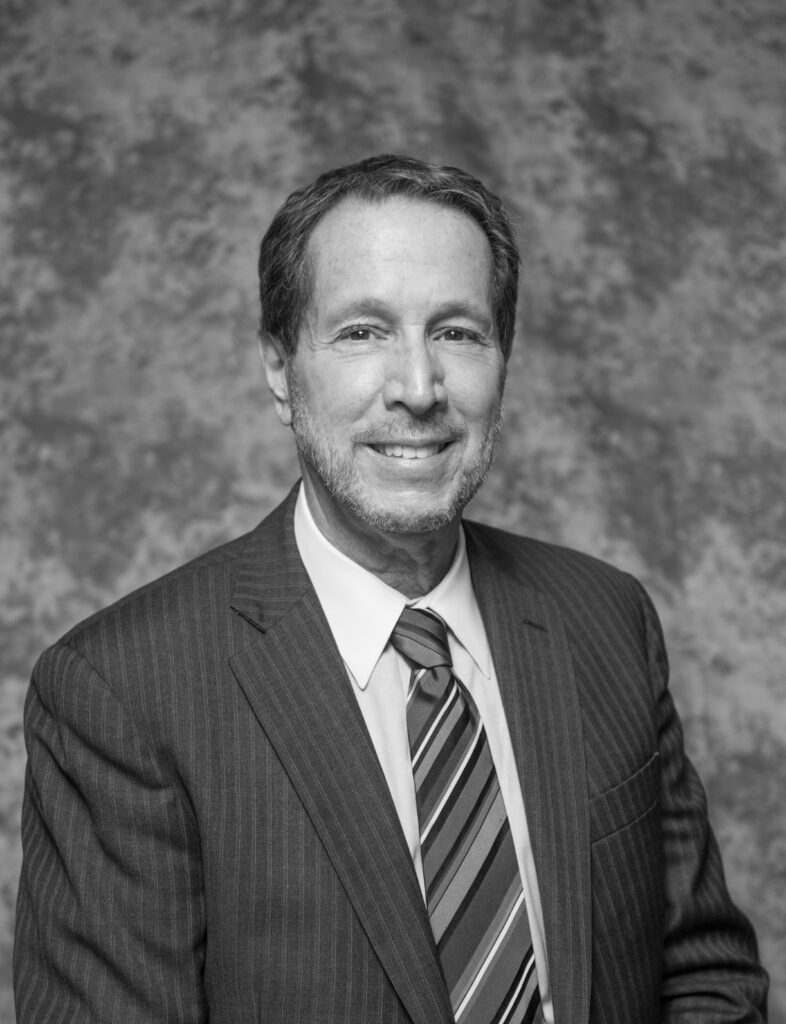
By the mid-March, a task force will be finalized; it will consist of four representatives of each of the school’s stakeholder groups–faculty, staff, students, and the board of trustees—as well as the President, Laura Walker. The student body is the only group whose representatives have not yet been chosen for the task force, and time is running out.
The administration plans to select the students through a process of nomination. Next week, students will receive a form to nominate themselves and others; these nominations will be sifted through by the administration who will choose the appropriate representatives. There is no plan to compensate students for their work.
Though only a few students attended the long, informative meeting with Dr Maxwell, it inspired a follow-up, tentatively scheduled for this Sunday, February 21 at 11am. This meeting will be for students only, and is intended as a space for those who did not attend last week’s meeting to understand the full scope of the situation as well as an opportunity to respond and discuss ideas amongst the student body regarding nominations and compensation before returning to the administration.
I spoke with three students who attended the meeting with Dr. David Maxwell regarding their thoughts and concerns. President of the Student Educational Policies Committee Florence Gill ’22, Vice President Pie Exley ’22, and Muhammed Ammar ‘24, who has been highly involved with the push for student governance since last fall in addition to serving as the First-Year Representative for SEPC.
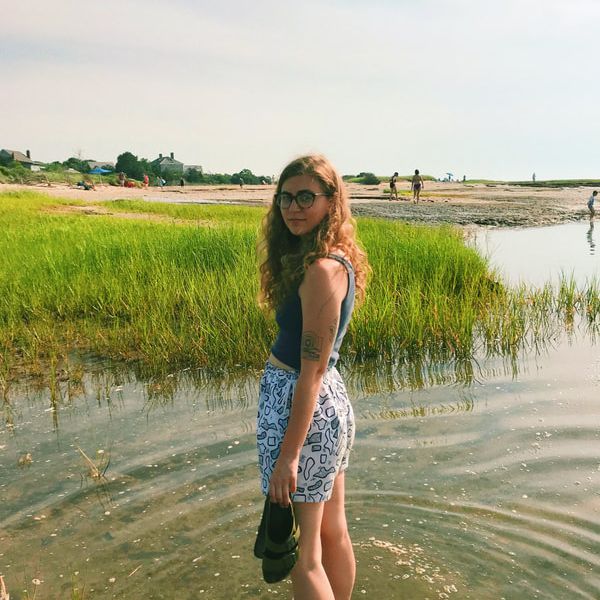
Pie Exley ’22 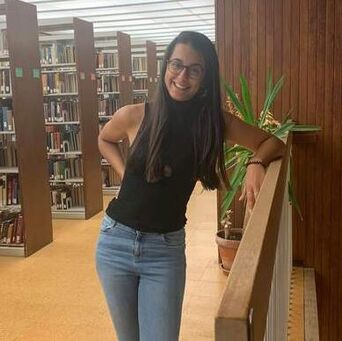
Florence Gill ’22 
Muhammad Ammar ’24
What did you learn in the meeting with Dr. David Maxwell?
Ammar: The school is making no secret of the fact that it’s not in this process because of the organic interest from students, but to hold onto a certain accreditation. Laura Walker hinted upon that in her emails, David Maxwell made that a little clearer, and I appreciate that they are being transparent about that. This was our first discussion with someone appointed by the college, other than the many discussions we’ve had amongst ourselves as a part of student organizing. We learned that there’s a very short time span for the task force to be assembled; a task force for which the structure has already been decided, for which faculty have already nominated their members. The college told us that by the end of this week, after our first actual two-way communication with the college, they will put out a way of selecting students for that task force. Among this group of 700 students, who are in my opinion the biggest stakeholders in this college, there will be calls for nomination and then there will be some sort of screening process; which is obviously not transparent but I hope that changes.
Exley: I learned a lot about the stakeholder group… the shared governance task force that is being coordinated by the administration… I learned that they were meeting soon and I learned that they’d found all of their constituents except for the students—which was information that should have been made public outside of this meeting.
Gill: Information came out last term that there was going to be some kind of shared governance thing happening but beyond that [the administration’s attitude] was: we will deal with it next term with students.
Exley: They were not very transparent about this process.
Did anything surprise you in particular during the meeting?
Gill: I was very surprised by how quickly this was happening and that it was a nomination process because it seems like, if there was really an interest in shared governance, students would have been involved in the process to decide how students would be chosen. Also, I was quite surprised by how much information there was and how little relevant information there was: I understand why there wasn’t an administrator there and I think that in some ways that was very good but I also think that, in some ways, they would have had the answers to the questions that Dr. Maxwell didn’t have. Because we were asking about a lot of very specific things about timeline and things like that and he did have some answers but not all of the things that we needed.
What were your overall reactions to the meeting?
Ammar: I am very glad that Dr. Maxwell, along with people from the college, took up this initiative of having a direct meet and greet with college students to understand what’s going on in our minds. But I am a little concerned about the very narrow time frame given to us. That’s why, even though it’s the first week of classes right now and we have too much on our plate—physically, mentally, and academically—to form a sustainable model of shared governance at this college, it’s very important for students to do as much as they can during this time frame.
Gill: I am pleased they’re doing something. I was also pleased with the people who attended the meeting—at how willing they were to come together and organize something as students… But [I was] disheartened and a bit blindsided by the fact that we didn’t have this information at an earlier date.
Exley: I was very impressed by how quickly the students there got themselves up to speed and organized, as Flo said. I felt worse about [the meeting] as it went on…
Why is that?
Exley: Dr. Maxwell initially seemed very open to discussing models and possibilities and as we pressed on our goals as a student group—specifically that we want our votes to be listened to rather than just our voices to be heard—there was a lot of push back against that throughout the meeting that was very disheartening.
Gill: It is nice to know that Bennington is backing up its processes with fact and data, because I think that’s something that often gets overlooked. I’m just curious about the processes that the [fact-based method] will continue to happen with, and whether this is more: we’re going to organize [this shared governance] to get it done rather than, we’re going to continue looking at this.
What data?
Exley: Other colleges have particular models of student governance and Dr. Maxwell kept bringing up that it’s very rare that students are involved with governance.
Gill: And he brushed on different structures [of governing], which is something that often students are encouraged to bring to any meeting with the administration, whether they’re encouraged to do it by themselves and its internal pressure, or it’s the administration asking us to do research. And if we’re going and doing that because we see there’s a problem at the college and we want to fix it, then we’re not getting compensated for that work.
Exley: Also there’s no point in being a progressive institution if we need to rely on other colleges to do something first.
Why is it important that people show up on Sunday?
Gill: It’s not really shared governance if the students aren’t represented. Students can’t be represented unless we know what’s happening. The information was given to us late so we’re trying to spread the word the best we can and this is going to be the best way to do that.
Ammar: It’s incredibly important that people show up on Sunday. Bennington College is very lucky to be part of this time of creating shared governance for the future. That also puts us into a position of immense responsibility; it’s really in our hands to decide how sustainable, how representative of the student body, the shared government will be. I would also like to highlight that it’s particularly important for freshmen and sophomores to be a part of this. I believe it’s important for all Bennington students to be a part of this, but freshmen and sophomores who work with the college on this process have the opportunity to see this structure evolve through their time at Bennington.
Ammar: A lot of times at this college, when we’re trying to do stuff for the campus community the same students show up to meetings. People talk about apathy within the wider campus community, I feel like a lot of students in the college have a “selective apathy,” towards issues that they feel like don’t apply to what they’re doing at Bennington. This initiative of shared government, of forming a structure for students to be represented; in order for it to be successful and sustainable for years to come, it’s so important, and I can’t stress the urgency of this enough, for as many students of different backgrounds, different disciplines, different ways of thinking, and different leanings to get together and help create this thing, this monstrosity we’re trying to create, from the bottom up.
Attend Sunday’s meeting by clicking the link here at 11 am.
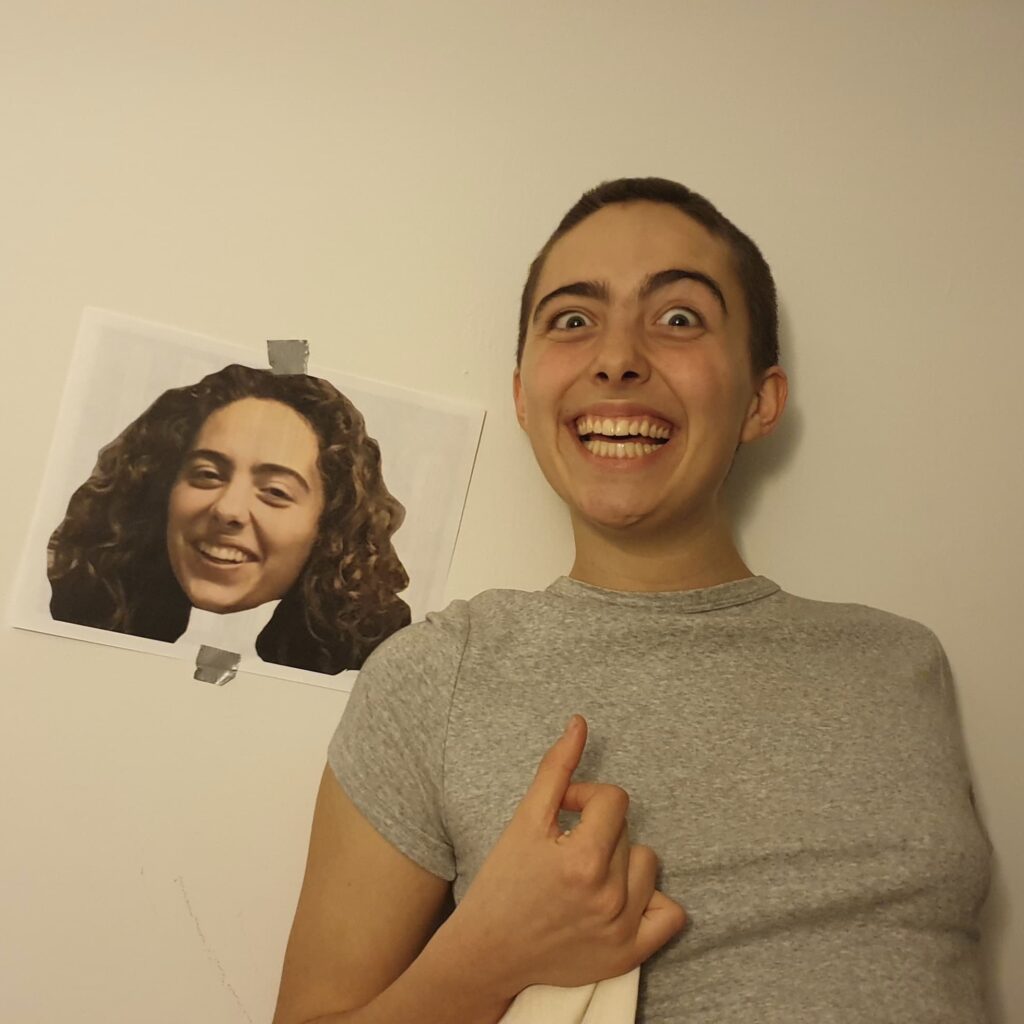
Sofia Salusso woke up today and realized that the crickets are no longer whirring. She is losing her mind over Media studies; plays the violin in solitude, often desiring the assurity to make music with/for others; and remains floundering in the possibilities of performance arts. She delights in words: reading, writing, good conversation and now, the newspaper.
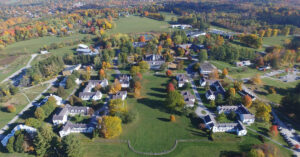

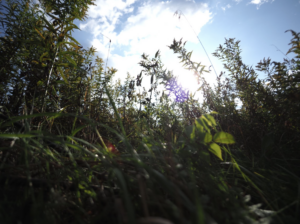
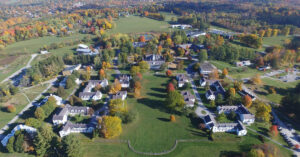
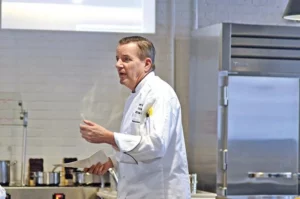
Be First to Comment